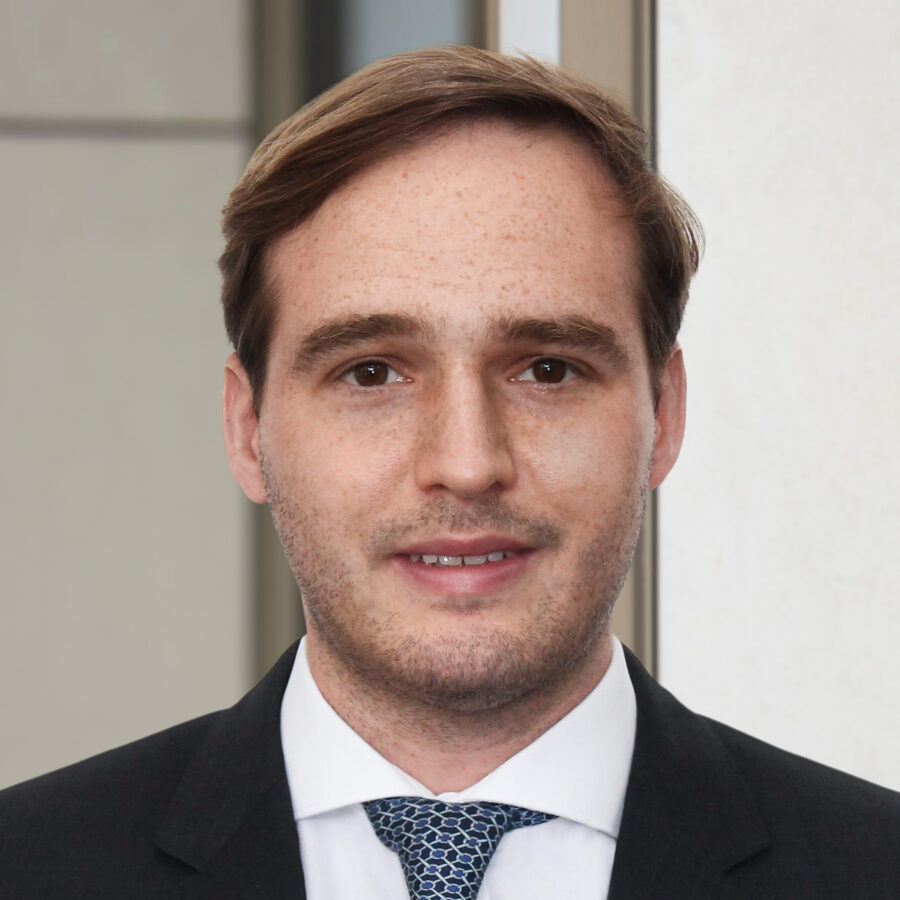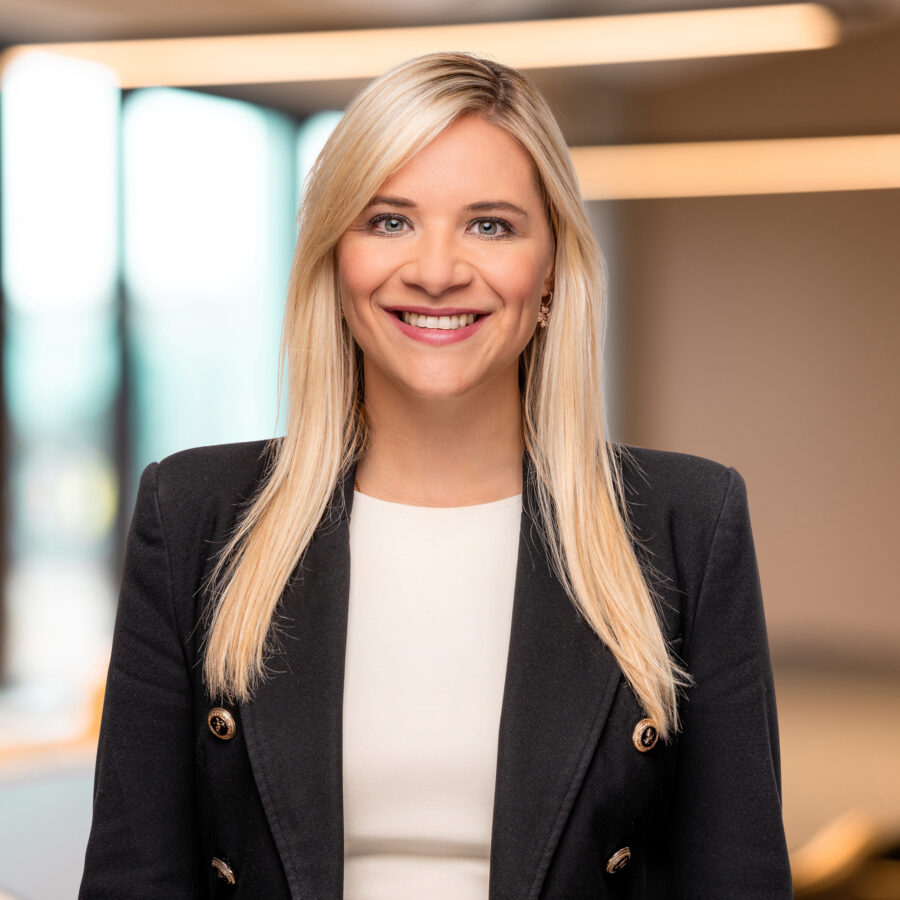OUR APPROACH
In times of heightened uncertainty and inflation volatility, investors are looking for diversifying investments. One way to benefit from this challenging environment is the Berenberg Guardian Absolute Return Fund. It is aimed at investors looking for chances to earn returns through interest income, hedging and tactical opportunities, especially in falling markets. The fund aims to help investors diversify their equity investments.

A new paradigm in investment strategy

The Berenberg Guardian is an actively managed absolute return fund. It is aimed at investors seeking return opportunities through interest income, hedging and tactical opportunities, particularly in falling markets.
The fund combines fundamental and macroeconomic analyses with quantitative models in a discretionary investment approach. It is intended to help investors diversify their equity investments. The strategy aims to achieve a positive return with low drawdowns and low volatility over 12-month periods, a negative correlation to falling stock markets and a low correlation to ‘normal’ stock markets. These targets correspond to the needs of investors seeking steady returns, protection from market downturns and the potential for profit when opportunities arise.
Aims
High diversification factor due to intended positive returns in loss years with negative correlation to falling stock markets.
Protection and source of liquidity in diffcult market phases and cost-effcient opportunistic hedging.
Addressing short-term market opportunities and market ineffciencies.
Good reasons for investing
The Berenberg Guardian Fund is a forward-looking investment strategy that reflects the realities of today’s global financial markets. Its hedging approach, the objective of exploiting market distortions and its harmonious three-pillar approach make it a compelling option for investors. In addition to the changing market environment, the intended negative correlation with falling stock markets speaks in favour of the fund. Traditional diversification often works poorly in times of crisis because correlations often increase. Therefore, investments that are negatively correlated in crises are particularly valuable. Large temporary losses disproportionately damage a portfolio in the long term, even if they are later recovered. Such high losses make it very diffcult to achieve attractive returns over long periods of time.
Why choose Berenberg?
Berenberg offers global strategies with an asset management character as well as modern, opportunistic approaches. Through our flexible and active management approach, our experienced managers identify a variety of opportunities and implement them consistently, risk-consciously and in an opportunity-driven way in the interests of our investors. The risk management of portfolio managers has proven itself many times over in the past.
All information at a glance
Your contact

Ulrich Urbahn
Ulrich Urbahn has been working for Berenberg since October 2017 and is responsible for quantitative analyses and the devel-opment of strategic and tactical allocation ideas, and is involved in capital market communications. He is a member of the Asset Allocation Committee and portfolio manager of the Berenberg Variato. After graduating in economics and mathematics from the University of Heidelberg, he worked for more than 10 years at Commerzbank, among others, as a senior cross asset strate-gist. Mr Urbahn is a CFA charterholder and was part of the three best multi-asset research teams worldwide in the renowned Extel survey for many years.

Ludwig Kemper
Ludwig Kemper has been working as a strategist since 2019 and as a portfolio manager since 2021 at Berenberg’s Multi Asset unit. His responsibilities include the generation of investment ideas and the preparation of analyses to support investment decisions. Ludwig focuses on the commodities sector and derivatives markets. Previously, he completed a dual study programme at Berenberg in cooperation with the Hamburg School of Business Administration. In his rotations, he worked in investment banking, equity research and asset management. He received his Bachelor's degree as valedictorian of his class. Ludwig is a CFA charterholder.

Philipp Loehrhoff
Philipp Löhrhoff joined Berenberg in 2021 and is a portfolio manager in the Multi Asset team. In his previous roles he worked closely with institutional investors to structure, develop and place bespoke hedging and investment solutions. He is an expert for quantitative investment strategies as well as cross asset solutions with a particular focus on equity and fixed income. He spent several years at Goldman Sachs, BNP Paribas and Natixis in London. Philipp holds a Master‘s degree in Finance and Economics and a Bachelor’s degree in Econometrics and Mathematical Economics from the London School of Economics and Political Science (LSE).

Isabell Silverio
Isabell Silverio has been with Berenberg since January 2022 and is responsible for the Product Specialist Multi Asset team. In this role, she is the first point of contact for product and client specific questions on all Multi Asset strategies. After her BSc in Business Administration, she gained investment banking experience in M&A and Private Equity before completing her Master of Science in Finance at Frankfurt School of Finance & Management with merit. Isabell Silverio is a CFA charterholder and joined Berenberg in October 2020 as part of the Wealth & Asset Management Graduate Programme in London.
Berenberg Guardian
| Opportunities | Risks |
|---|---|
| Attractive return potential in the medium to long term. | High volatility of equities, riskier bonds and currencies, possible price losses. |
| Above-average performance by exploiting investment opportunities across regions and investment classes, focusing on attractive market segments and structural investment topics. | Share value may fall below the purchase price at which the customer purchased the share. |
| Potential additional returns through active and opportunistic management. | No guarantee of success through active and opportunistic management. |
| Closing index and currency futures for quota management may at least temporarily increase the risk of loss. |
